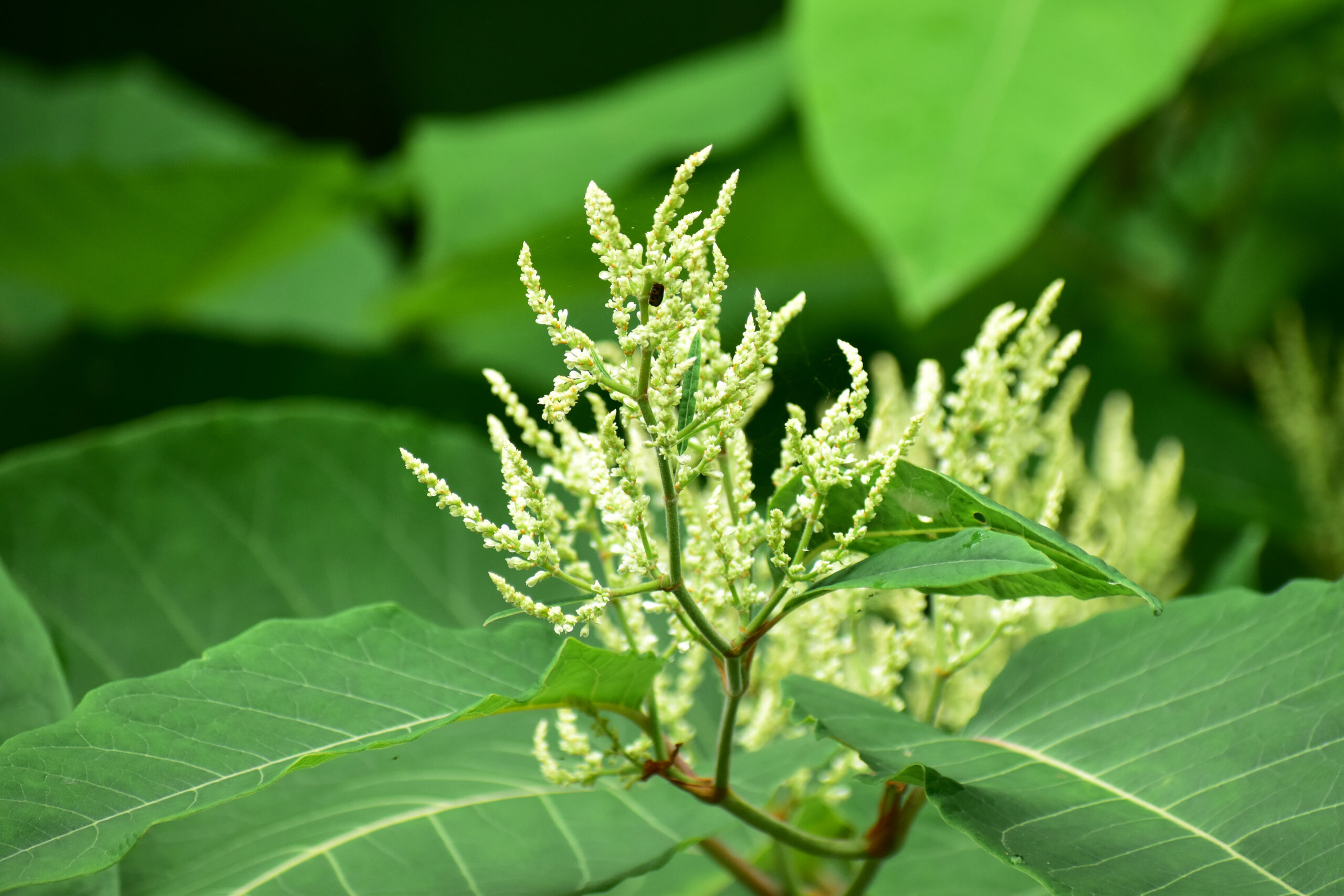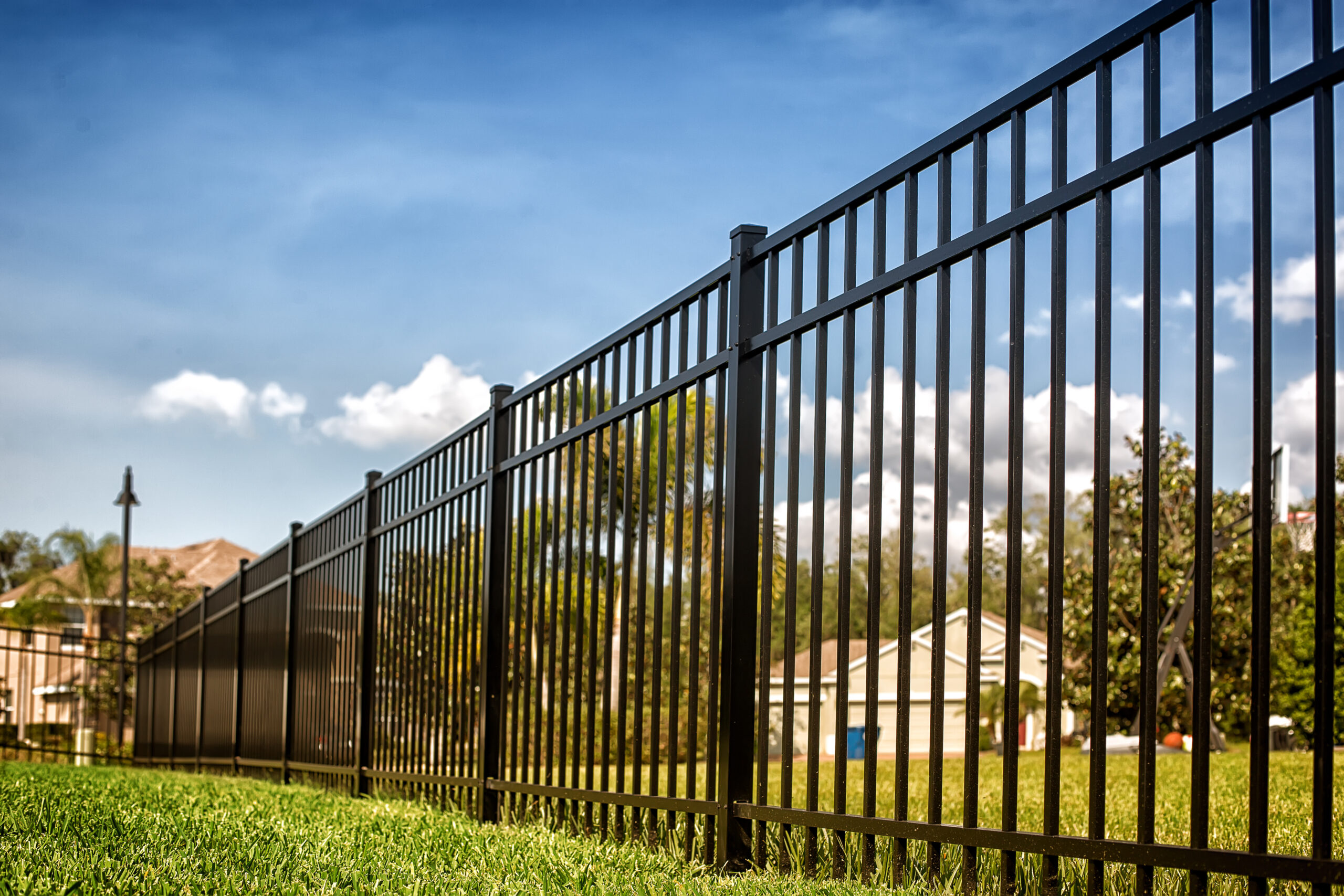- 11 Aug 2023
- •
- 2 min read
Japanese knotweed claims – answering the Japanese knotweed question when selling your property

What’s more dangerous than Japanese knotweed? Section 7.8 of the Law Society’s Property Information Form, which could put sellers at risk of a future claim if answered incorrectly.
Residential property owners selling their homes must complete the TA6 Law Society Property Information Form as part of that conveyancing process. Question 7.8 is innocuous enough:
“Is the property affected by Japanese knotweed?
- Yes
- No
- Not known“
Of course, if an owner is unfortunate enough to have a known invasion of Japanese knotweed then clearly they must answer “Yes” and provide a copy of the management plan in place.
The bigger issue is caused by the “No” option.
Many sellers do not realise that by ticking “No”, they are providing their buyer with an express representation that they are certain that no Japanese knotweed is present at the property or within 3 metres of the property boundary. This includes both above ground plants and any rhizome (roots). The Law Society’s explanatory notes on the Property Information Form confirm this guidance:
“If No is chosen as an answer the seller must be certain that no rhizome (root) is present in the ground of the property, or within 3 metres of the property boundary even if there are no visible signs above ground.”
In reality, it is an impossible ask. Unless an individual has engaged a specialist to undertake comprehensive investigation of the soil both on their own property and for neighbouring properties, then it is difficult to know how they could be absolutely certain that no rhizome/roots exist – even if they are certain that there are no visible plants above ground. Any unwary seller who ticks “No” without having such certainty is therefore opening themselves up to unnecessary risk of a potential future dispute with the purchaser in the event Japanese knotweed is later found.
Defending a claim from a buyer for Japanese knotweed
There are still lines of defence which can be pursued, and Trethowans has acted successfully for clients in robustly defending claims for Japanese knotweed. However, it is ultimately a risk which can be avoided by ticking “Not known” rather than the categorical “No” in circumstances where there is no knowledge of Japanese knotweed.
The Commercial Litigation team at Trethowans have substantial expertise in bringing and defending claims relating to Japanese knotweed and can be contacted on 023 8032 1000.




